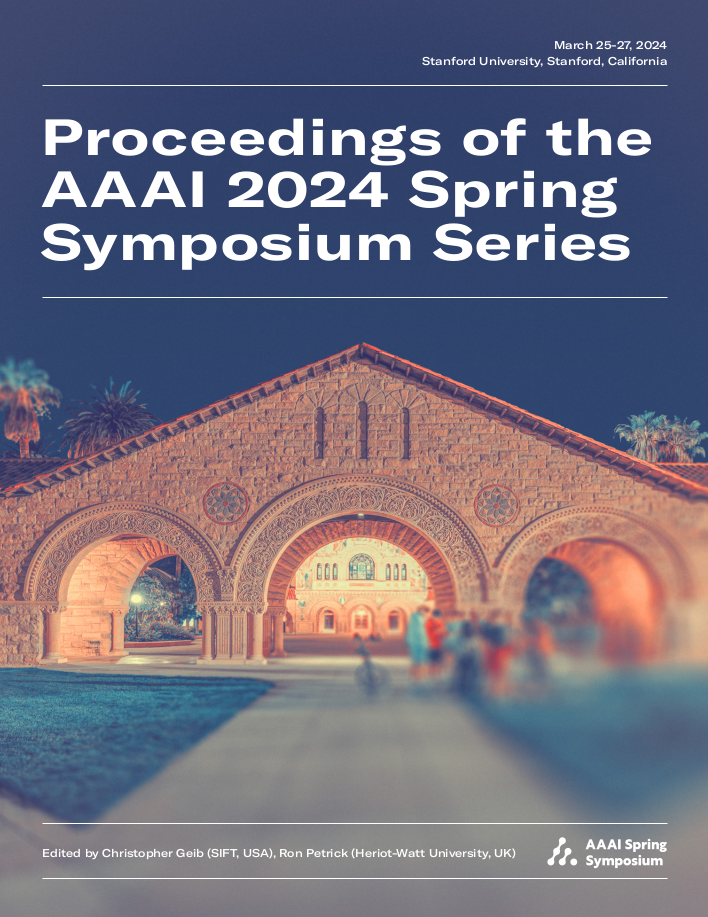Toward Autonomy: Metacognitive Learning for Enhanced AI Performance
DOI:
https://doi.org/10.1609/aaaiss.v3i1.31270Keywords:
Metacognition, AI, LLM, Large Language Model, Learning, Cognitive ArchitectureAbstract
Large Language Models (LLMs) lack robust metacognitive learning abilities and depend on human-provided algorithms and prompts for learning and output generation. Metacognition involves processes that monitor and enhance cognition. Learning how to learn - metacognitive learning - is crucial for adapting and optimizing learning strategies over time. Although LLMs possess limited metacognitive abilities, they cannot autonomously refine or optimize these strategies. Humans possess innate mechanisms for metacognitive learning that enable at least two unique abilities: discerning which metacognitive strategies are best and automatizing learning strategies. These processes have been effectively modeled in the ACT-R cognitive architecture, providing insights on a path toward greater learning autonomy in AI. Incorporating human-like metacognitive learning abilities into AI could potentially lead to the development of more autonomous and versatile learning mechanisms, as well as improved problem-solving capabilities and performance across diverse tasks.Downloads
Published
2024-05-20
How to Cite
Conway-Smith, B., & West, R. L. (2024). Toward Autonomy: Metacognitive Learning for Enhanced AI Performance. Proceedings of the AAAI Symposium Series, 3(1), 545-546. https://doi.org/10.1609/aaaiss.v3i1.31270
Issue
Section
Symposium on Human-Like Learning

